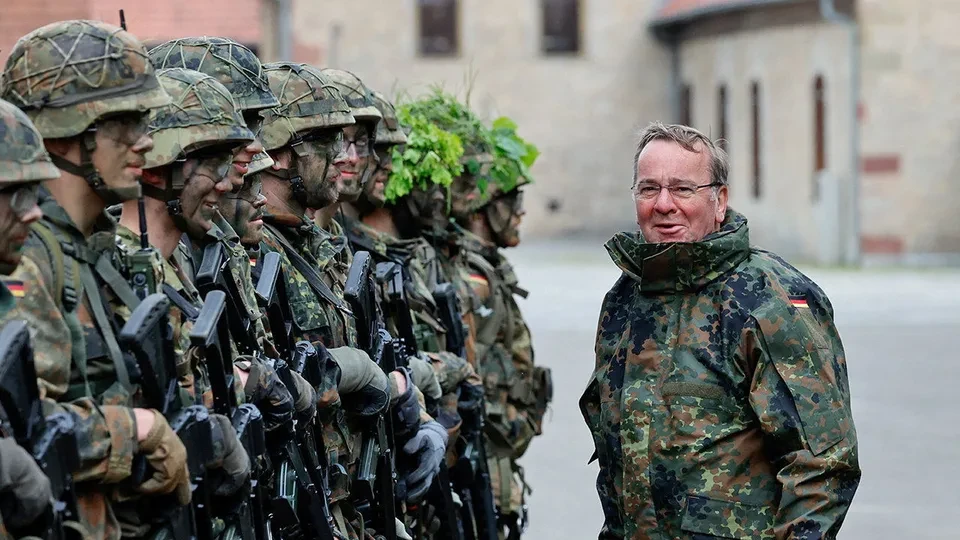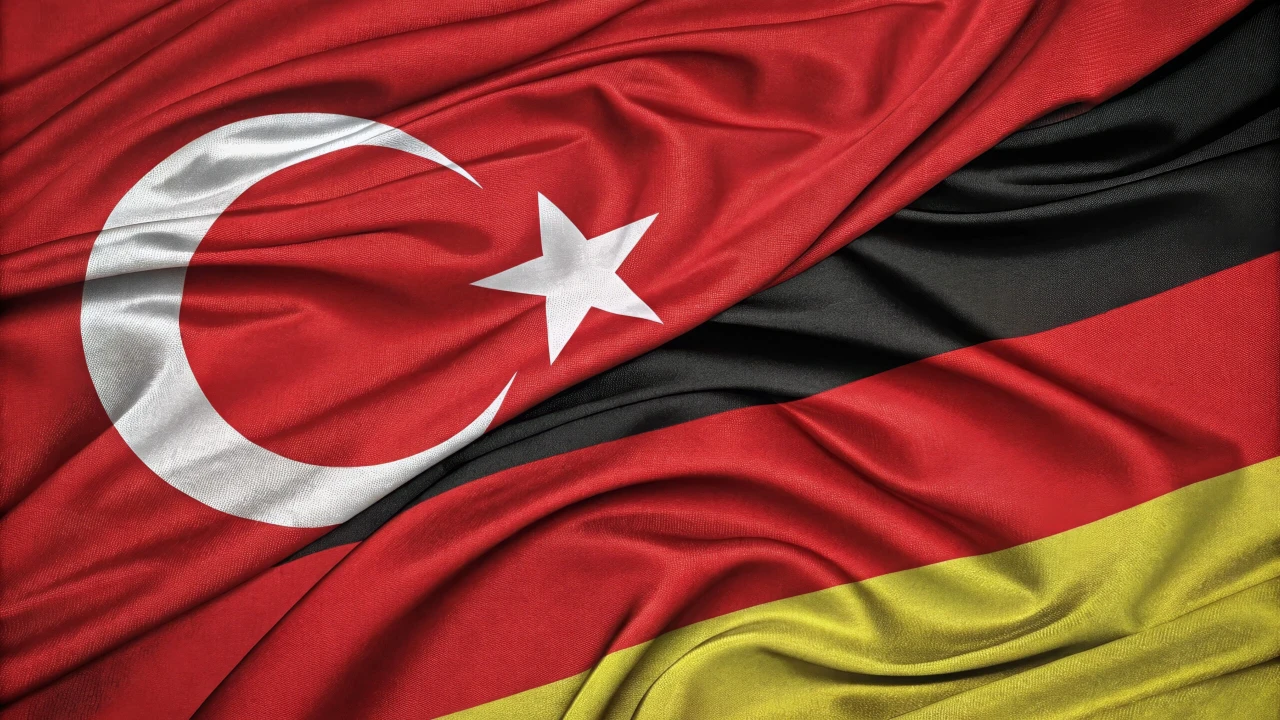Germany Overhauls Wartime Protocols with Updated Defense Strategy
 Photograph: Reuters
Photograph: Reuters
Germany has unveiled its revamped wartime strategy with the updated Framework Directive for Overall Defense (RRGV) originally from 1989. The directive details protocols and actions to be implemented in the event of a war.
NATO troops will need to be transported across the country to the eastern flank, where the German army (Bundeswehr) will also be stationed according to German newspaper BILD.
Interior Minister Nancy Faeser stated, “All levels of government must work closely together,” and emphasized, “We have closely integrated military and civilian defense.”
Here are some key points from the updated framework:
State response and citizen preparedness
- The state cannot be everywhere at once. In the case of simultaneous attacks, people cannot expect immediate state assistance everywhere. They must be prepared to help themselves initially.
- The federal government will use the Modular Warning System (MoWaS) to rapidly disseminate warnings via radio, internet, and apps.
- Basements with solid construction, underground garages, and subway stations will be used as makeshift bunkers due to the short warning times of attacks.
- The German parliament aka the Bundestag will not dissolve during defense efforts.
- Media outlets are required to promptly broadcast important announcements, such as new laws or information.
- The state relies on secure communication systems for classified information to counter espionage attacks.
- Authorities can order evacuations in contested areas, ensuring families are not separated.
- Hospitals must prepare for a sudden, large influx of patients over an extended period.
- Veterinary offices should plan to prevent animal disease outbreaks.
Food and resource management
- In wartime, Germany could face a supply crisis, especially for fruits and vegetables. The Ministry of Food can ration food distribution.
- The federal government stores wheat, rye, and oats at secret locations, along with emergency reserves of rice, legumes, and condensed milk, to provide one hot meal per day for the population, especially in urban areas.
- Deliveries of spare parts for military vehicles will have priority over other goods. Authorities may require companies to produce only goods for defense purposes.
- In case of a shortage, the Ministry of Economics can set prices and issue ration cards.
- Private companies must make their trucks and IT infrastructure available to the military in an emergency.
Public services and infrastructure
- Garbage collection will continue during the war to prevent disease outbreaks.
- Emergency reserves of drinking water and firefighting water will be maintained.
- Tanks and troop vehicles have priority on roads and railways, potentially restricting normal traffic. Buses, subways, and trains can be stopped, and air traffic suspended.
- Railway bridges will receive special protection, with equipment ready to build temporary bridges over rivers.
- Weather services may be restricted from reporting weather conditions for security reasons.
- Conscription duties will be reinstated in wartime, allowing citizens to be drafted at any time.
Labor and communication
- The Federal Employment Agency can require citizens aged 18 and older to work in certain jobs (e.g., healthcare, postal services, bakeries) and prohibit resignations in these areas. Working on Sundays and holidays may be mandatory.
- Doctors, psychologists, nurses, and veterinarians will be assigned to military and civilian roles as needed.
- Telephone lines may be restricted if required by the Bundeswehr.
German Defense Minister Boris Pistorius emphasized the need for Germany to be war-ready by 2029, highlighting the country’s renewed commitment to military preparedness.



